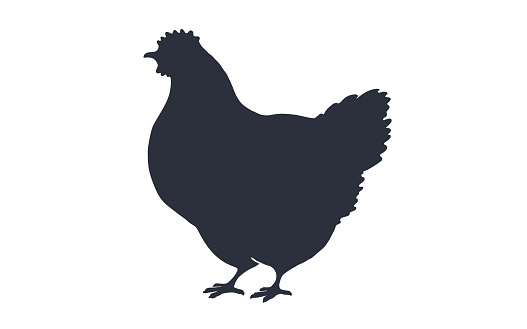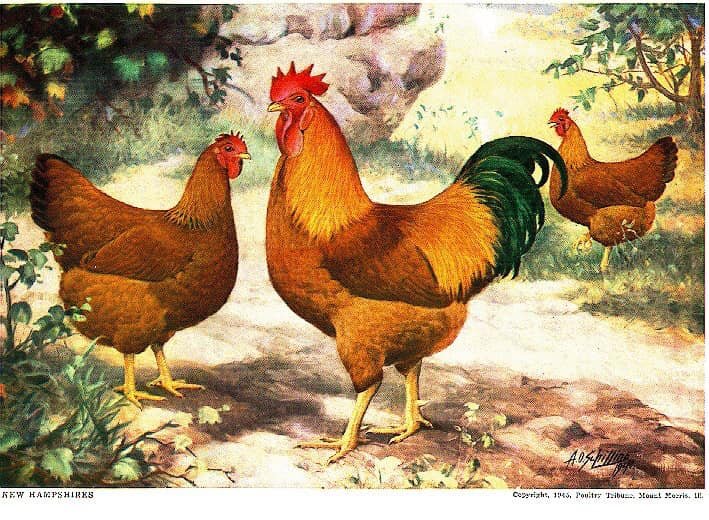Less than a century old, the New Hampshire chicken is a distinguished breed that originated in New Hampshire and Massachusetts, emerging as a distinct strain of the renowned Rhode Island Red. In the early 1900s, poultry breeders in New Hampshire embarked on a selective breeding journey, focusing on hens from Rhode Island Red strains that exhibited faster feathering, growth, and maturation. Professor “Red” Richardson, working at an Agriculture Experimentation Station, played a pivotal role in the breakthrough that led to the creation of this unique breed.
The breed, named after the state of its development, earned recognition in 1935 when it was admitted to the American Poultry Association Standard of Perfection. As a response to the increased demand for poultry meat post-World War II, New Hampshires were actively promoted in the “Chicken of Tomorrow” contests during the late 1940s, marking their significant role in establishing the broiler industry. Interestingly, they were also instrumental in the development of the Delaware chicken.
Characterized by a more triangular shape than the Rhode Island Red, New Hampshire chickens boast a deep, broad body, rapid feathering, and a tendency to go broody, making them excellent mothers. A dual-purpose breed, they lay approximately 200-220 large, tinted eggs annually, with some strains producing eggs with a dark brown shell color.
With a chestnut-red hue, closer to chestnut than mahogany, and potential pale yellow highlights, New Hampshires exhibit a distinctive appearance. Roosters sport black tail feathers, while hens may also feature black tipping on their neck and wings.
They have a reddish/horn-colored beak, a medium to large single comb, and clean yellow shanks with four yellow toes define the New Hampshire’s physical attributes. Males weigh around 8.5 lbs., while hens weigh approximately 6.5 lbs.
Known for their versatility, New Hampshires are sometimes used to create red sex-link chickens.
There are two distinct types of New Hampshires—heritage and production. Prospective owners are advised to inquire about the type they are obtaining to ensure they align with their preferences for a heritage strain. The production strains have often lost their traditional New Hampshire identity and appearance…and most importantly the production! Be sure to source from a reputable breeder. Check out the New Hampshire Breeders Club Facebook page




